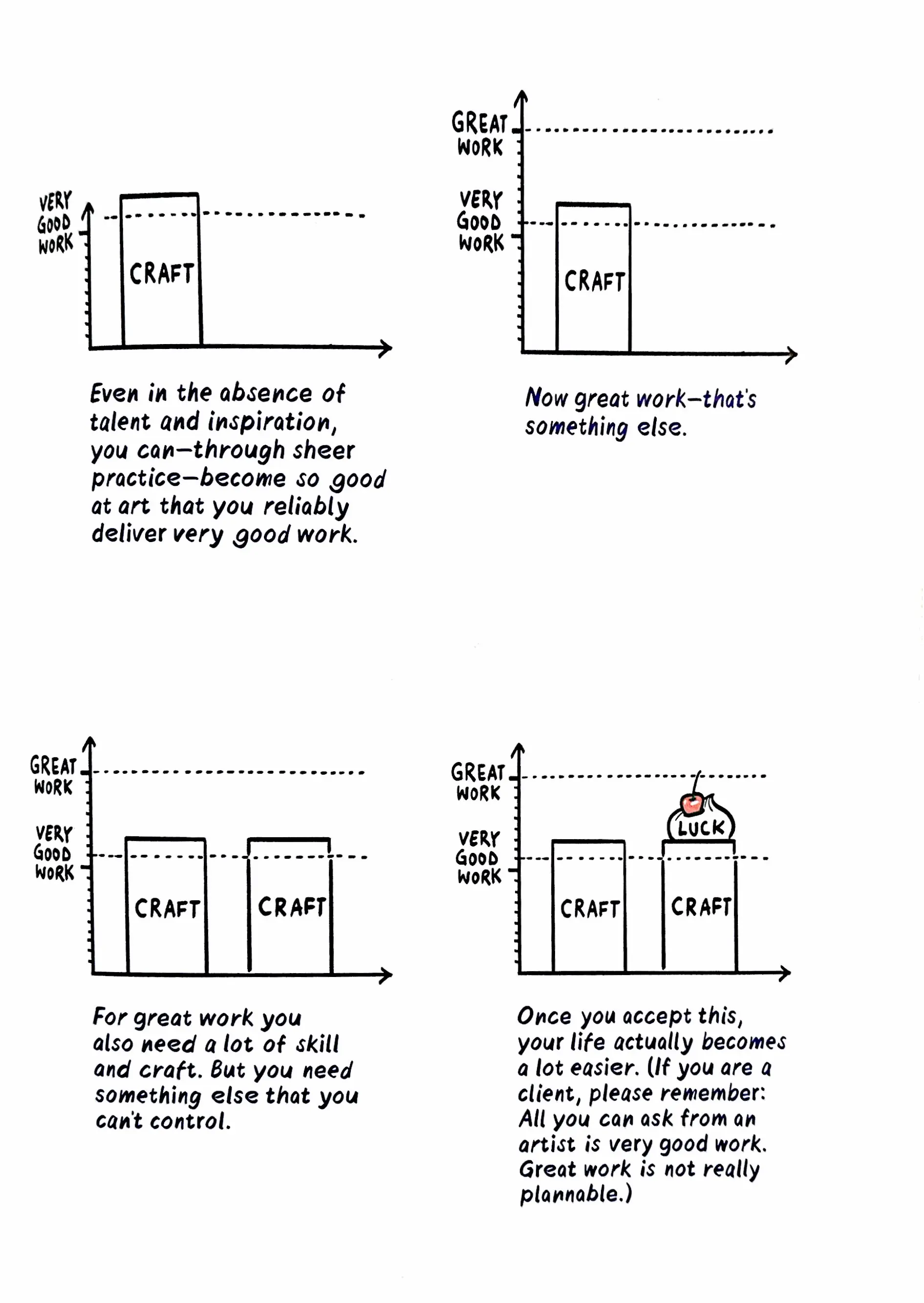Before I launched Svelte by Example, I called for early access testers in this newsletter. I don't ask for feedback often, I had to push myself to do this.
Sometimes I'm scared of receiving feedback that I'll agree with, but would push back the release when I want to get it out. Sometimes I'm scared of receiving feedback that could invalidate the entire idea. Sometimes I know there are problems but hope they'll magically go away if I ignore them, feedback might resurface them. Sometimes I'm overconfident and don't think it's worth getting another opinion.
No good excuse to be found. These are fears, and it's worth getting over them. Because if any of them are rooted in truth, they'll com back and haunt me rather sooner than later.
A few people responded to my request (thank you!), and it quickly became clear the ask was worth it. The first version of Svelte by Example became way better because of it. The examples became more consistent, the design improved, a bunch of typos were edited out. I didn't process all feedback. Sometimes it doesn't match what you have in mind, and that's fine.
I've learned my lesson: time to get over myself and ask for feedback whenever I can.

